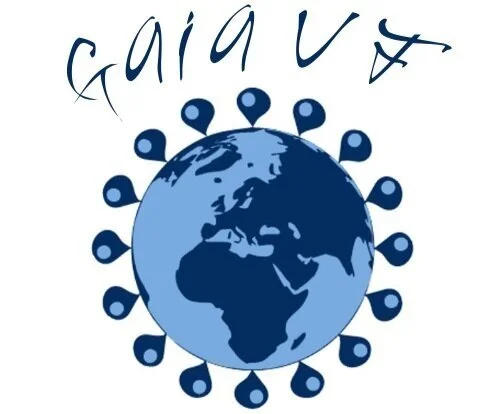Telling the story of HPV and Cervical Cancer
Banakoubè kafisa ni bana foura kèyé
"It is better to prevent than cure" is a common saying in Bambara, and one that we have taken to heart at GAIA Vaccine Foundation as we work towards preventing HPV infection and cervical cancer in Mali.
Cervical Cancer in Mali
Mali bears an especially high burden of cervical cancer. Not only is it the most common cancer among Malian women, but it is the leading cause of all cancer-related mortalities. This is due to a lack of access to regular health exams or the HPV vaccine which would prevent cervical cancer. (For more information, see our page on cervical cancer FAQs)
Cervical cancer disproportionately affects women living in developing countries, especially women who are in the ‘prime of their lives’ – raising families and bringing economic stability to their neighborhoods. HPV vaccination must take place early in adolescence, prior to exposure, and getting populations engaged in getting vaccinated means talking about taboo subjects such as sexual activities during young adulthood. Many people remain uninformed about HPV and cervical cancer and unaware of their risk. There are currently two HPV vaccines that are safe and effective and have been approved in over 120 countries since 2006. It is unacceptable that preventative health care, so widely available among first world economies, should not be accessible to citizens of developing countries.
GAIA's HPV Research
In 2011, GAIA began a two-fold analytical study in Mali as research for a future HPV vaccine campaign. A prevalence study was performed among women being treated for cervical cancer in Hôpital Gabriel Touré in Bamako, Mali to verify the presence of HPV strains 16 and 18. These strains cause 70% of cervical cancer cases worldwide, and both are preventable by vaccination. Data was also gathered via survey in order to understand the KAP, "Knowledges, Attitudes, and Practices", related to HPV and cervical cancer and Malian’s WTP, "Willingness to Participate", in an HPV vaccine trial. Among a study group of 301 participants, only 8.6% knew that HPV was a sexually transmitted virus. Of female participants, 41.6% had heard of cervical cancer, but only 2.7% had ever had a cervical exam.
On a positive note, 96.3% of participants wanted the HPV vaccine to be available to Malians, and 77.4% were willing to participate in an HPV vaccine study. GAIA is currently working towards making the HPV vaccine available through our clinic. The research GAIA has published will pave the way to greater access to the HPV vaccine for Mali and West Africa. Our full publications are available here.
In West Africa, textiles have traditionally served as a medium of communication and storytelling. GAIA has developed an educational pattern that will help promote knowledge of cervical cancer and the HPV vaccine. This design tells the story of strong, educated women who proclaim, “I protect myself, I take care of myself, and I immunize myself”; a mantra written as a banner across the image of flowering, healthy cervixes. Nearly disguised in the beautifully vivid print are the images of fallopian tubes and uteruses surrounding a near-invasion of HPV viruses embedded in abnormal cancerous cells. It is the banner of strength that keeps the virus out of the healthy cervixes, a reminder of the importance of being an educated, vaccinated woman.
In March 2015, GAIA launched a new HPV and cervical cancer prevention initiative. For 6 months, GAIA is supplying 5 clinics with supplies to offer free cervical exams. GAIA's first step was to train medical staff to perform a "visual inspection with acidic acid" or VIA. Training was done in collaboration with the Malian Regional Health Director (DRS). Peer educators were also trained in the specifics of HPV and cervical cancer education. Wearing the HPV cloth, peer educators will raise awareness in each neighborhood, and medical staff with lead information sessions at each clinic as well. Radio programs featuring popular local comedians will explain the importance of receiving regular screening and the possibility of vaccination against HPV.
The success of GAIA's intervention will be analyzed through a survey administered to women who come in for a cervical exam at any of the 5 clinics. This will also build on GAIA accumulation of research on knowledge, attitudes and practices surrounding HPV and cervical cancer. Women who participate in the survey will receive a bag made out of the HPV fabric so that each woman can share the story of prevention and vaccination, and take on a personal role in preventing cervical cancer.







